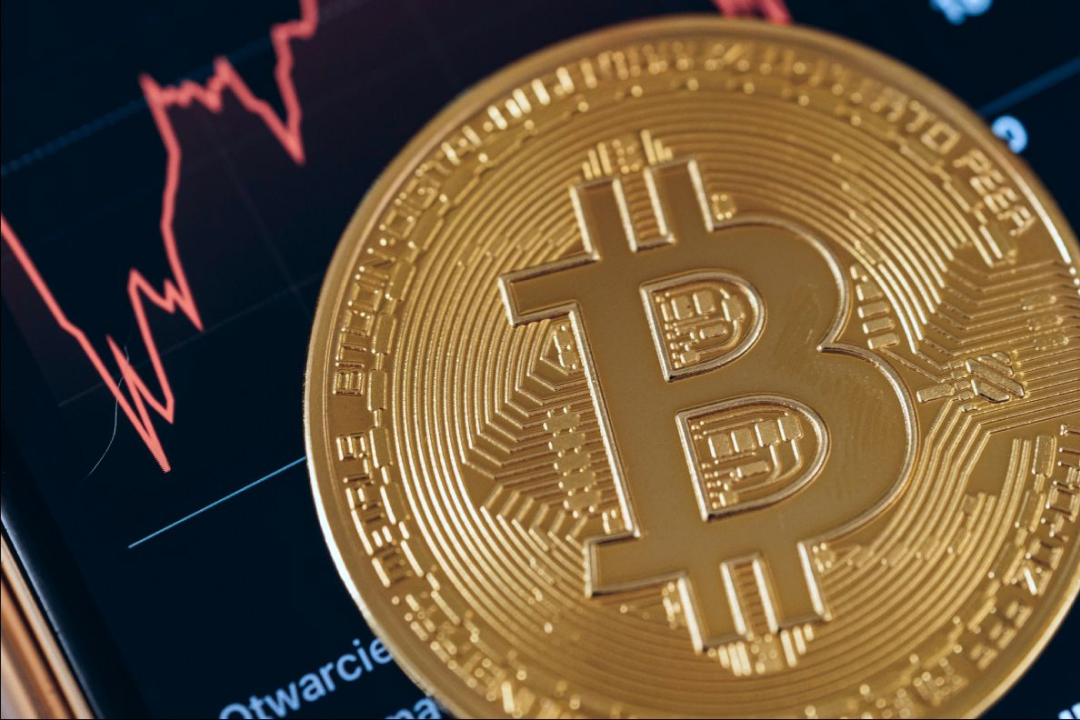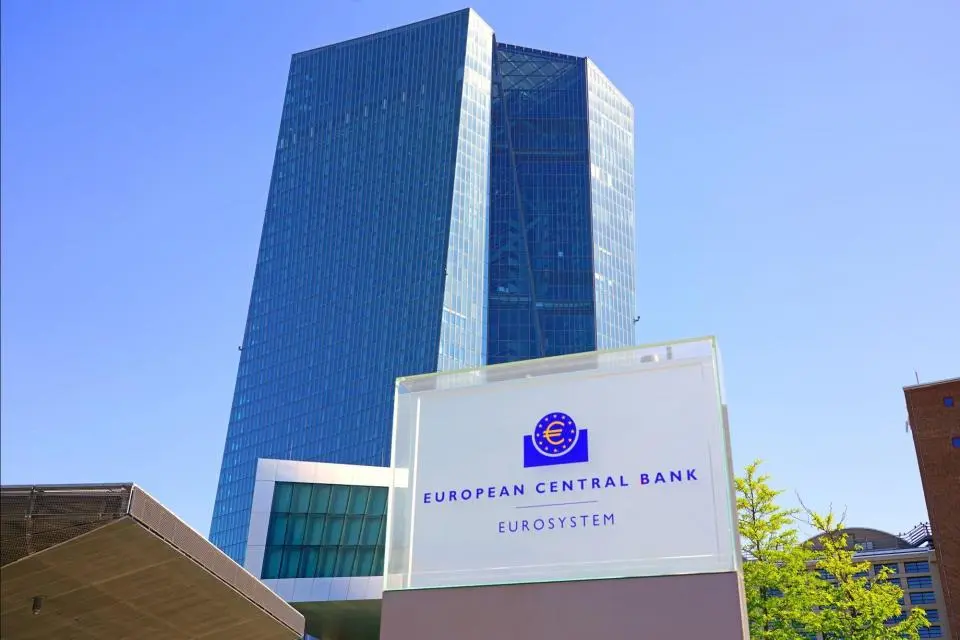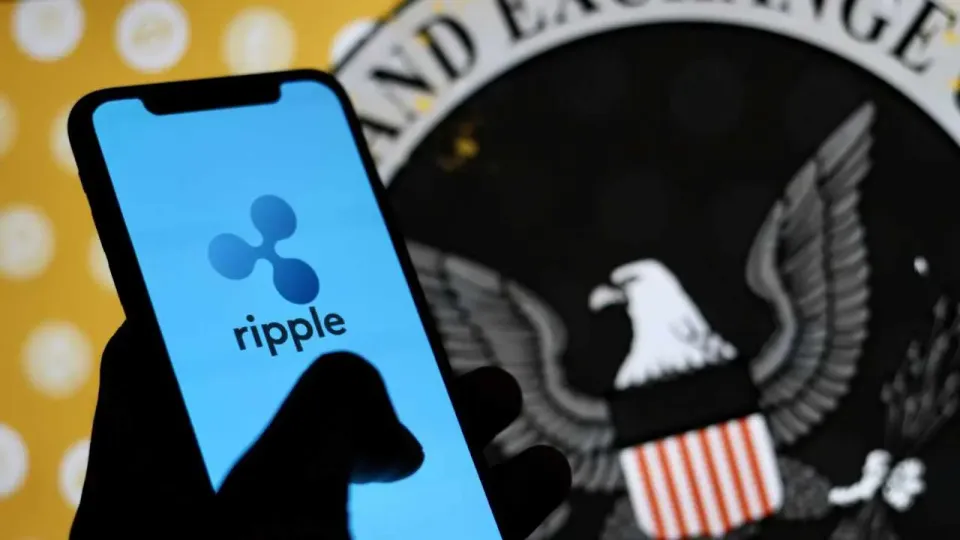What happened to UST?
Crypto Market Week in Review (14 May 2022)
Markets
We move one week closer to the end of this bear market, but this one is to be quickly forgotten. Bitcoin was in for another volatile week dropping over 30% at its lowest before recovering to the current $30K level. However, its relative strength index shows it has reached an oversold level last seen in 2019.
As far as macro and micro factors are concerned the NASDAQ is still falling and being a highly correlated asset, Bitcoin’s price follows suit. Furthermore, Goldman Sachs reiterated a 35% chance of the US entering a recession. That sounds quite scary.
On the micro-level, there was a panic caused by the UST/LUNA bust, triggering the market sell-off by dumping its BTC reserves. Although it seems that we’ve already seen the local bottoms preceding the bounce, it’s not clear if markets will continue the uptrend or tank further.
Don’t look for a silver lining in altcoins - Solana is down by about 46% over the past week, with Ethereum’s 30% following the suit. You know there was a lot of blood when 4 out of 5 of our top gainers for the week are stablecoins.
Germany Publishes First Nationwide Tax Guide for Crypto
Reports from Germany suggest that the nation’s finance ministry has released clearer guidelines on cryptocurrency and taxes. The highlight of the 24-page report is that earnings from staking and crypto lending are tax free if held for over a year. In the same vein, any cryptocurrency sold one year after it has been bought is subject to no taxation, but lesser timeframe trades will be taxed.
Clarifying the air on the country's current 10-year tax exemption, Parliamentary State Secretary Katja Hessel noted cryptocurrencies do not meet the 10-year holding tax exemption standards. The non-mobile asset holding tax exemption would have been a sure-fire way to enjoy a 10-year buffer for holding Bitcoins. Finally, the state secretary announced utility tokens are not subject to income law, citing a 2008 court decision.
This is a positive sign from Germany, as they have followed through on a six-month prior promise to include blockchain and cryptocurrencies in the nation’s development plan. We might also see a detailed report on state guidelines for dealing with cryptocurrencies before the year ends.
Nubank, Brazil’s Largest Digital Bank, Launches Bitcoin and Ether Trading
Paxos, a blockchain infrastructure company, partnered with Nubank, to facilitate its trading and custodial infrastructure. Nubank is Brazil’s largest digital bank by market value and interestingly is part of Warren Buffet’s portfolio. This will allow Nubank's 50 million customers to trade Bitcoin and Ethereum using the Brazilian Real as early as July. Nu Holdings, the parent company of Nubank, has also pledged 1% of the cash in his custody to buying Bitcoin. Funny enough, this means Buffet’s exposure to crypto. You can’t escape the future, Warren, can you?
Crypto Records Largest Amount of Funding Deals
The month of April saw the highest number of funding deals in crypto's history, with 244 deals in total. All this in conjunction with new funds being raised by the likes of Union Square Ventures, Framework Ventures, and Dragonfly Capital.
Gaming, crypto Fintech, and blockchain infrastructure dominated most of the venture capital rounds. Despite the present market conditions, the number of funding deals remains steady, showing that VCs are still bullish on the industry's long-term prospects.
This month, one of the most notable deals was a $105 million investment in Talos, a blockchain infrastructure company. Talos is one of the few companies in the space backed by PayPal, with its current round bringing it to a $1.3 billion valuation.
El Salvador Buys 500 Bitcoin Amid Market Slump
Bitcoin’s dip has not gone unnoticed. While most of the market is analyzing its price actions, El Salvador is performing dollar-cost averaging after it bought the cryptocurrency on Monday. El Salvador’s president announced on Twitter that 500 Bitcoin had been purchased, with their total Bitcoin stash now at 2,310BTC.
The purchase makes sense from an economic perspective. Apart from the public hype it would give the country, El Salvador will be running at a massive loss on their previous nine Bitcoin purchases. Most of their purchases are between $47,000 and $54,000, and with Bitcoin trading for around half those figures, it only seems right to reduce the average cost.
El Salvador is not completely out of the woods. The IMF strongly opposes having BTC as a legal tender, and its external funding plans for its Bitcoin city have convinced no investor. However, there will be a lot to rejoice in when Bitcoin returns to or exceeds its previous highs.
What happened to UST?
What could go wrong with the Terra ecosystem has gone wrong - it saw an orchestrated attack that diverted billions of dollars and the founder was accused of being complicit. In retrospect, it seems to be a glorified Ponzi scheme, but beyond that, the attention it has attracted to DeFI cannot be underestimated.
The story on social media points in another direction, it blames the big US hedge funds and trading firms, BlackRock and Citadel Securities. However, both companies have issued statements denying any involvement in Terra's crash.
According to the CEO of DigitalX, Lisa Wade, "We don't know if the momentum was created by collusion." She went on to say that the buyers appear to have acquired about $1 billion worth of UST stablecoins while "shorting" Bitcoin as part of the scheme. They then waited until Saturday night when volumes were low and there were no bids, perfectly timing the market. Then the buyers started selling large volumes of UST, triggering more sales in the market, which broke the dollar peg.
To salvage the mess, several trading firms poured out almost $270 million USDT to UST, but this did little to reduce the effects of the UST outflows. Shortly after, an unidentified wallet intermittently poured 1000 ETH into the ETH/UST pool to defend the peg, but this only led to a loss of 30,000 ETH.
As if the UST drop was not enough, a CoinDesk report points accusing fingers at the CEO of TerraForms. Surprisingly, the report claims there are enough pieces of evidence to back their accusation. This is coming just after Luna, and its stablecoin UST, broke the internet this week when it de-pegged from its 0.99 - 1.01 range. Luna dipped by 90% in one day, before dipping by another 99% from its new price.
In his prior engagement with Basis Cash, Do Kwon used the pseudonym Rick Sanchez. Basis Cash's appearance was short-lived after it suddenly climbed to $155 before falling to $1. Since then, Basis Cash has been trading at sub $0.1 levels. One of the former developers who worked at TerraForm explained that the Basis Cash was the pilot test for the bigger plot, which could mean the Luna hack and the CEO are complicit.
*This communication is intended as strictly informational, and nothing herein constitutes an offer or a recommendation to buy, sell, or retain any specific product, security or investment, or to utilise or refrain from utilising any particular service. The use of the products and services referred to herein may be subject to certain limitations in specific jurisdictions. This communication does not constitute and shall under no circumstances be deemed to constitute investment advice. This communication is not intended to constitute a public offering of securities within the meaning of any applicable legislation.




